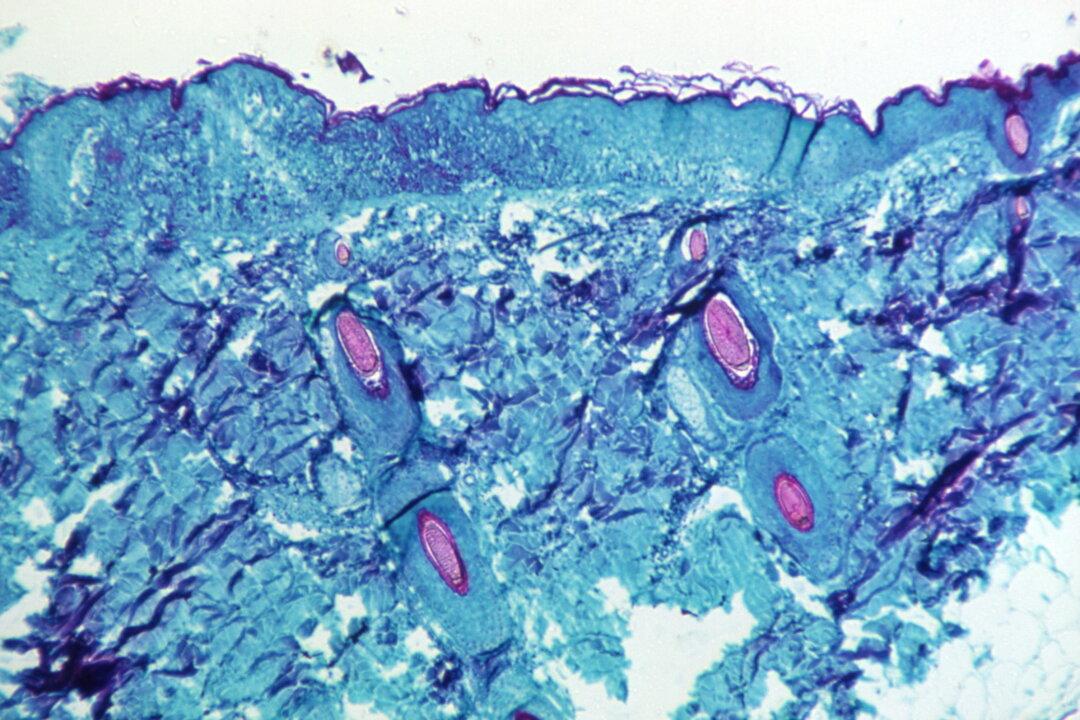The World Health Organization (WHO) said it will rename monkeypox in light of an outbreak that has spanned several European counties and North America in recent days.
Tedros Adhanom Ghebreyesus, the WHO’s head, confirmed Tuesday that the U.N. organization is “working with partners and experts from around the world on changing the name of monkeypox virus, its clades and the disease it causes.”





